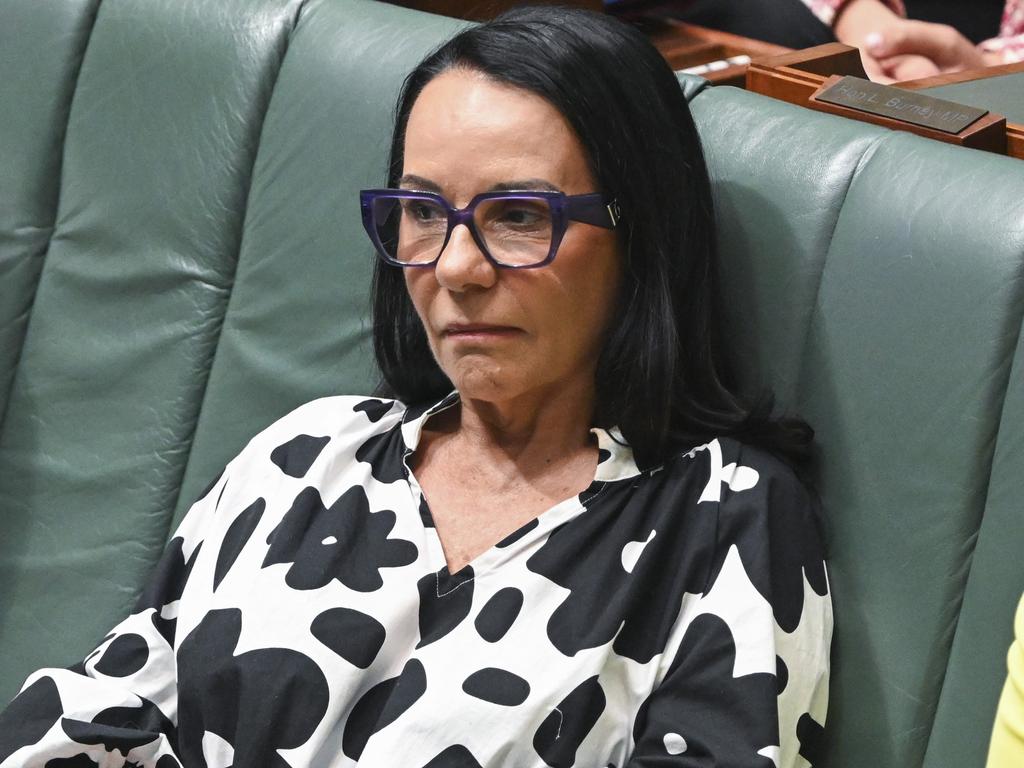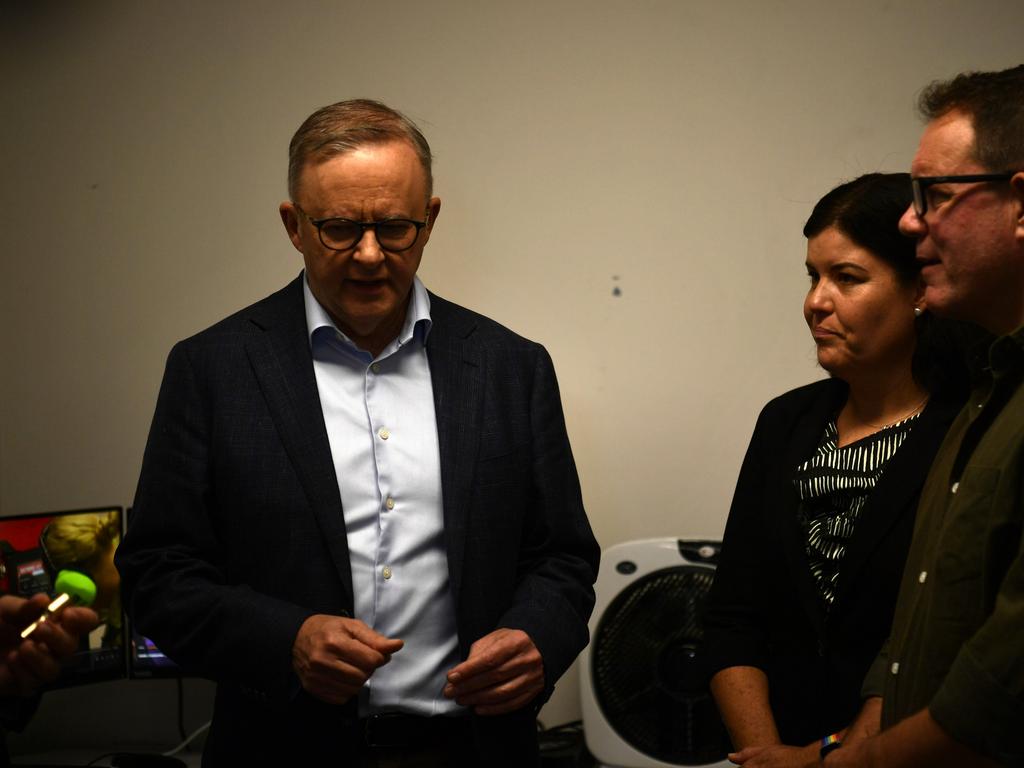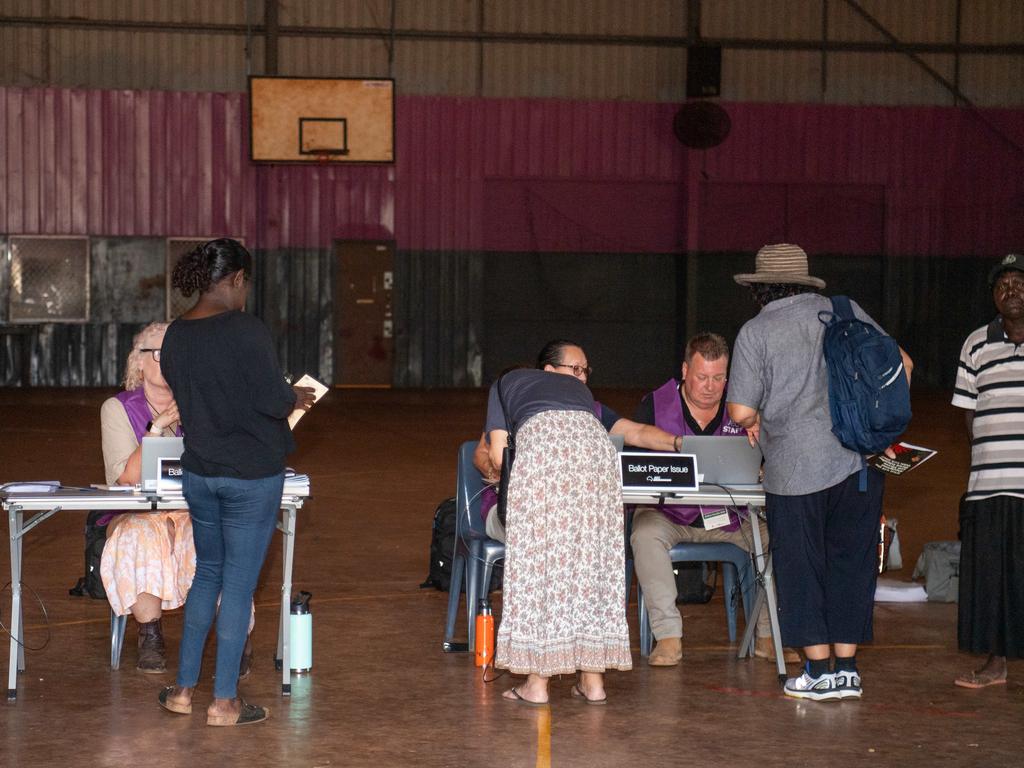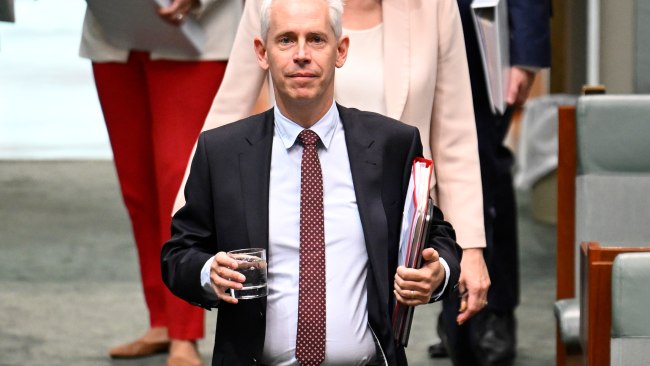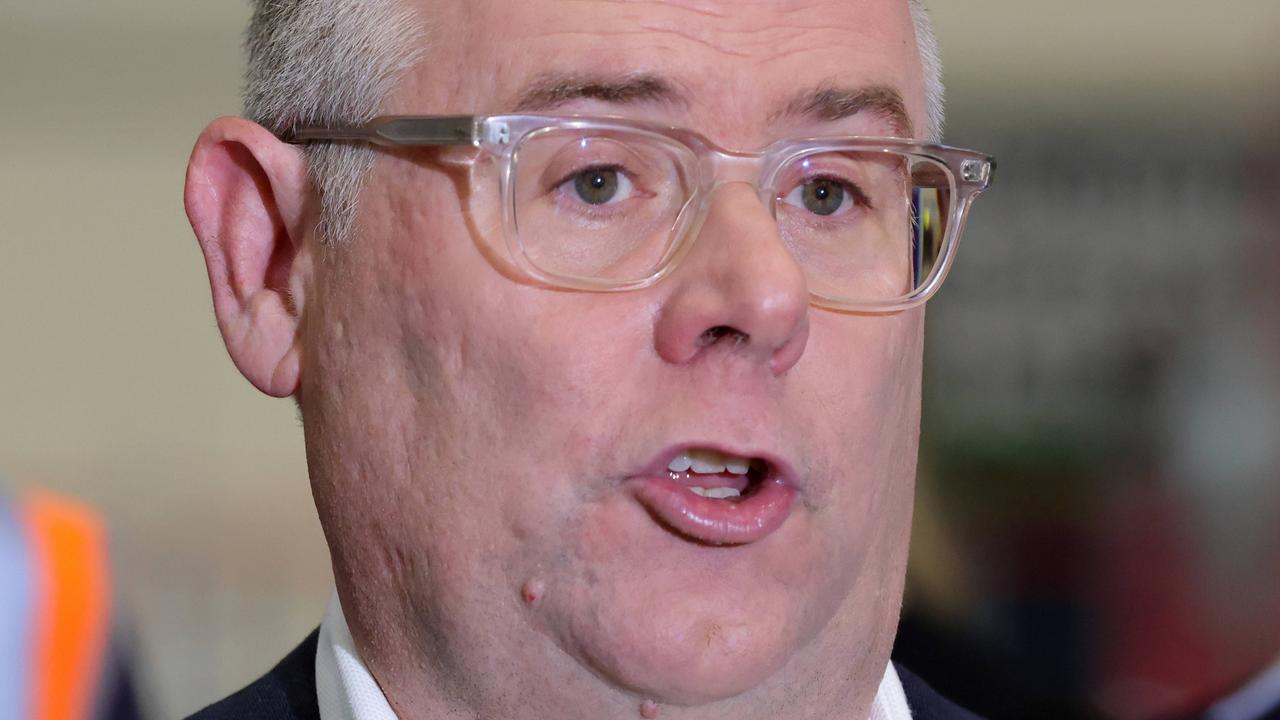Study reveals why Australians really voted No to the Indigenous voice to parliament
More than 40 per cent of Australians who said they would have voted Yes to the Indigenous voice in January ended up voting No according to new ANU data.
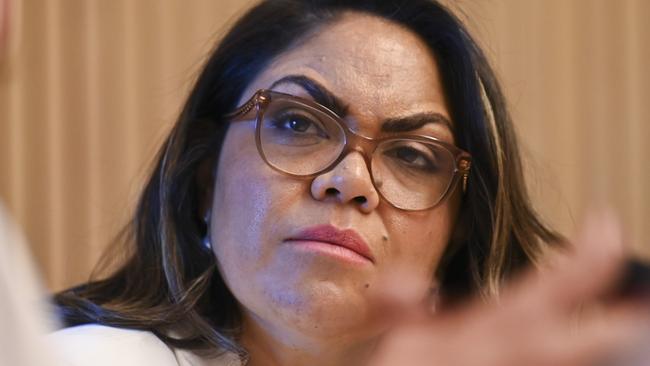
More than 40 per cent of Australians who said they would have voted Yes to the Indigenous voice to parliament in January ended up voting No according to new data released by the Australian National University, with more than 66 per cent of No voters indicating they opposed the voice because they viewed it as divisive.
A survey of more than 4,200 people found voters aged 18 to 24 were more than double as likely to have voted yes as those aged above 75 years old, while women were seven percentage points more likely to vote yes compared to men.
The fall in voice support was the most drastic for those who spoke a language other than English at home, with yes voters among this cohort nosediving from nearly 74 per cent to just under 40 per cent over the course of the campaign.
More highly educated Australians were much more likely to have voted Yes, with almost 60 per cent people with a postgraduate degree indicating they would vote Yes compared to less than 20 per cent of those who had not completed Year 12 and did not have a post-school qualification.
The biggest decline in support for the voice across the board came in April, when Peter Dutton announced the Coalition was against what he called “the Canberra voice”.
While support for the voice was slowly tracking upwards until April – jumping between 58.9 per cent in January to 60.2 per cent – the ANU survey showed a substantial fall down to just 47.1 per cent in August.
“Very few people switched from voting No to Yes over the campaign, whereas there were many people who switched from intending to vote Yes to voting No,” the ANU report found.
“Of those who said that they would have voted No to the voice when asked in January 2023, only 4.8 per cent ended up voting Yes. Of those who said that they would have voted Yes when asked in January 2023, 42 per cent ended up voting No in October 2023.”
Assistant Minister for Indigenous Australians Malarndirri McCarthy said the division highlighted through the referendum campaign had “carried on into the Australian consciousness now” and was making itself known in issues including the Middle East conflict.
“Our country does need to have strong consideration of the way we communicate. And I know that here in the Parliament it matters. What we say, how we behave and of course, that truth in information that gets out there is going to be critical going over the next 12 month,” she told ABC.
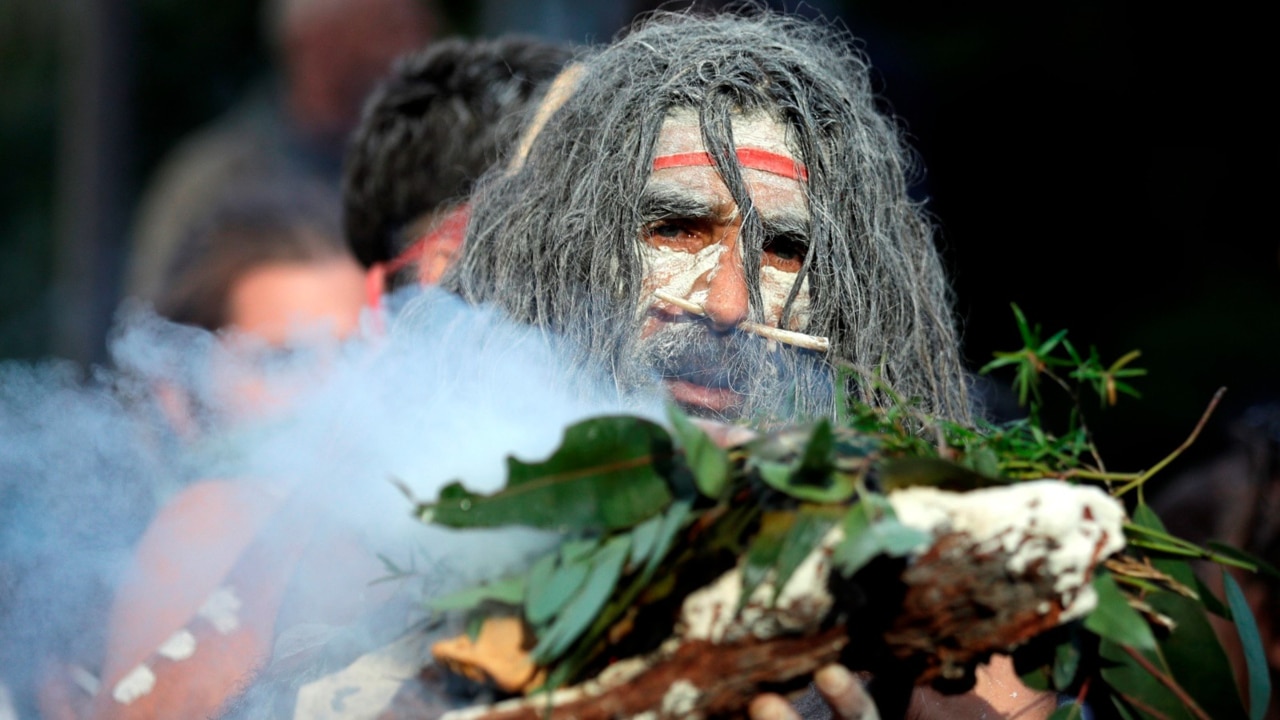
The Yes vote also declined much more for those who would have voted for the Opposition than for the two other party groups, dropping to just one-quarter of what it was in January for Coalition voters.
However, the ANU rebuffed suggestions the result indicated Australia was becoming more conservative.
“Australians in October 2023 rated themselves as being more left-wing compared to May 2022, with fewer Australians placing themselves to the right of the political spectrum immediately after the referendum than did so after the May 2022 federal election,” the report stated.
“It is not possible to say that these changes are due to the referendum. However, we can say that it is highly unlikely that the referendum campaign led to a large shift to the right in people’s self-perception, given the observed data moved in the opposite direction.”
While the voice result did not appear to have had an impact on the Labor vote, there was a large increase in people who indicated they would vote for the Coalition between August and October, from nearly 26 per cent to just over 30 per cent.
But Anthony Albanese remained significantly more likeable than Peter Dutton, with respondents rating the Prime Minister at 5.1 on a scale from 0 to 10, compared to Peter Dutton who was rated at 3.4.


